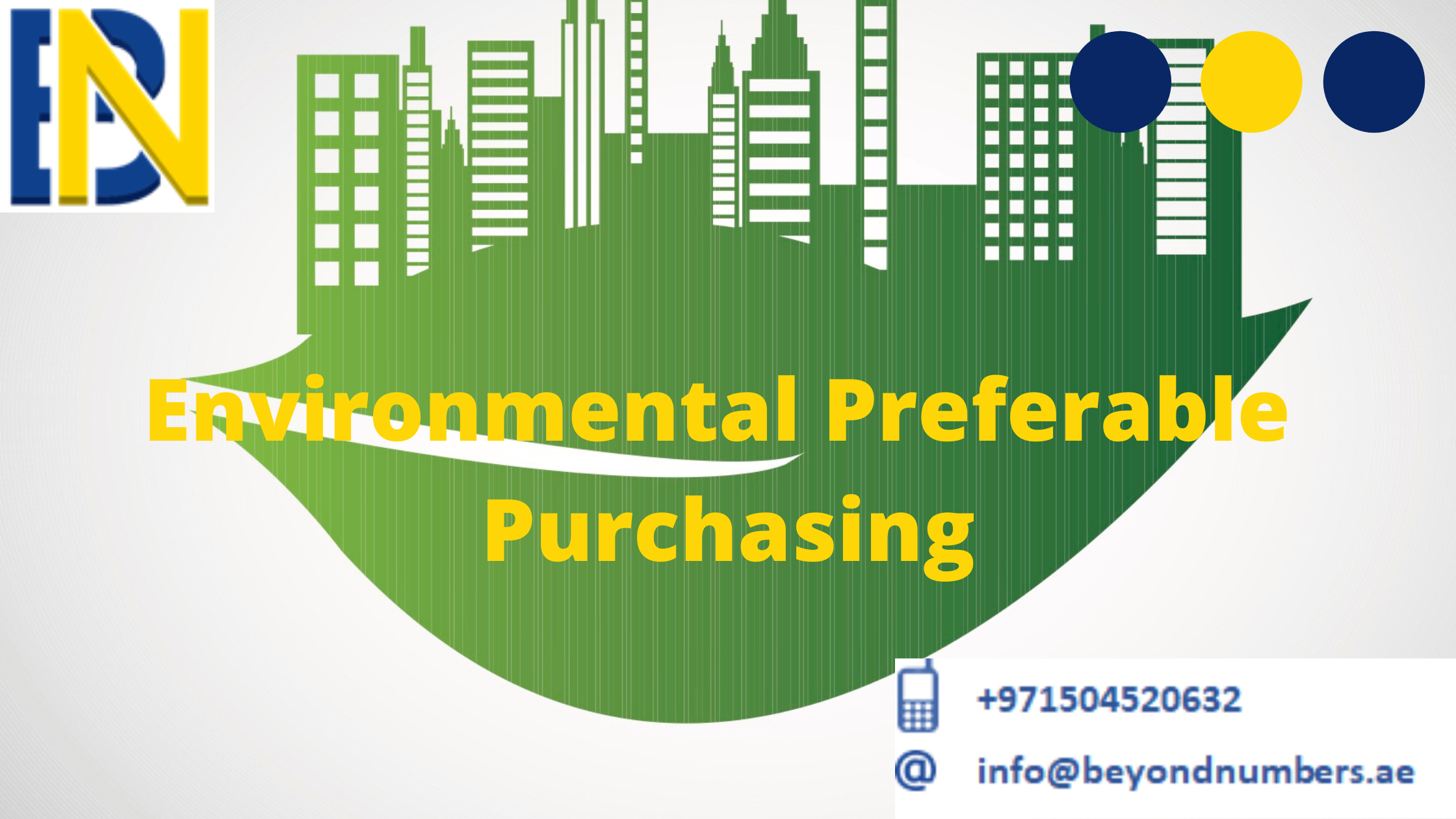As today, 5th of June, we celebrate the World Environment Day it is important to fulfill our responsibility to the environment as well. So lets get some idea about the Environmentally preferable purchasing as a baby step to be more environmental in our businesses.
Environmentally preferable purchasing [EPP] or responsible purchasing is a process which considers environmental, social and ethical practices when making a purchasing decision for their property.
Environmentally preferable purchasing involves choosing products and services that have a lesser or reduced effect on human health, considering about the environment and society when compared to competing items that serve the same purpose rather than the traditional parameters of price, quality, functionality and availability
It considers the following:
- whether a purchase is necessary at all;
- what products are made of;
- under what conditions they have been made;
- how far they have travelled;
- their packaging components;
- how they will be used
- how they will be disposed of.
Purchasing decisions can have significant environmental and social impacts, as it involves importing large numbers of goods, from distant countries.
Tools and techniques of responsible purchasing
- Reduce consumption and buy only what the company really needs.
- Buy products and services in local market wherever possible to encourage local business and craftspeople
- Cut down on the energy used for transport and distribution in the purchasing process.
- Purchase products with less environmental impact in their manufacture, use and disposal.
- Buy products in larger quantity to reduce the amount of packaging and the energy used for deliveries
- Reduce, reuse and recycle packaging
- Work with growers and suppliers locally to overcome the necessity to import goods, and where imports are essential import ‘fair trade’ products.
- Ensure that all suppliers are following safe and ethical working practices.
Other aspects to consider
- Quality
Buying the highest quality, the company can afford and have items repaired and serviced when necessary. This is often more economically sound in the long run and reduces use of materials and the creation of waste when purchasing, office equipment, furniture and fixtures or operating equipment,
- Energy-efficiency
Energy-efficient appliances, and air-conditioners will cost more initially but will save the company money in the long term.
- Recycled or recyclable products
Buying products which are made from recycled materials or which are themselves recyclable.
- Beware exaggerated claims by suppliers
Checking further about the products which are sold as ‘environmentally friendly’ is genuinely better for the environment. Most of the suppliers can be green washing rather than actually practicing green concept.
- Favor products with an independent environmental certification
Looking for independent endorsement that confirm that the product is sustainably produced. There are many ‘ecolabels’ to recognize the goods which have tested and compared the product against alternatives in the market.
Current trends in Responsible Purchasing
- Collaborations and partnerships
One of the biggest challenges for companies is not having a consistent “green” measurement for their suppliers. Therefore, it is important to have long term collaborations and partnerships with suppliers who maintain the sustainable business practices.
- Local sourcing
There are many benefits of local sourcing such as minimizing of transportation costs, encouraging the local economy, maintaining a strong community relationship, and more certainty of delivery.
- Recycling industry as a new product provider
Responsible purchasing managers are increasingly interesting about the recycling industry as a supplier who provide alternative “green” products. It may be recycled items for construction, crockery and glasses made from recycled materials or furniture created from salvaged timber.
- Energy and water efficiency will be priorities
Most of companies’ attention on finding suppliers who committed to using less water in the manufacturing process and water-saving products, and using less energy and energy saving product has increased now.
Read more:https://beyondnumbers.ae/how-to-claim-vat-refund-in-uae-for-business

